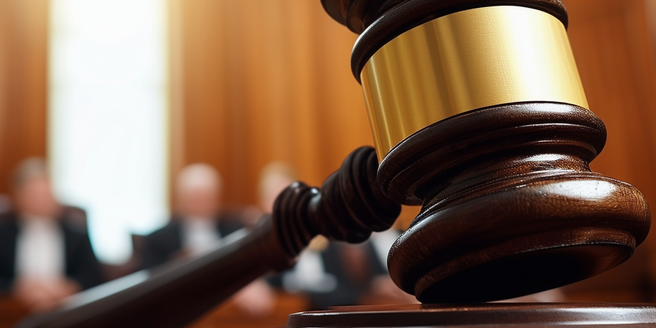
Understanding the Basics of a Toxic Tort Case
In a toxic tort case, the claimant alleges that exposure to a harmful substance caused harm. This harmful substance can be a chemical, pharmaceutical, or environmental toxin. In some instances, the harmful substance can be a byproduct from an industrial process. Understanding the nature and level of toxicity of the substance is integral in these cases. The defendant in such a case is typically a company that manufactured, distributed, or exposed the harmful substance. The claimant must prove that exposure to said substance caused their illness or injury. Making this connection can be complex, which is where a skilled defense plays a critical role.
Identifying the Key Players in Toxic Tort Defense
In a toxic tort defense case, several key players can be identified. First, there is the defendant company, which allegedly caused the harm. Then there is the insurance company that provides the coverage for the defendant company. The claimant, the person or entity that experienced the damage, is next. The defense and prosecution lawyers, of course, handle the legal arguments while the expert witnesses, who are most significantly, provide scientific backing to claims or defenses. The latter are essential to making or breaking a case. It’s imperative for a defense to understand the role and significance of these players.
Implementing Effective Case Investigation and Evaluation
Effective case investigation and comprehensive evaluation are essential in toxic tort defense as they require a thorough review of the claimant’s medical records and overall health condition to validate or refute the claim. This process not only assesses the claimant’s medical history but also precisely determines their exposure to the alleged toxicant, looking at the mode, extent, timeframe, and specific type of toxicant. Toxic tort defense investigations also involve rigorous analysis of scientific evidence such as environmental surveys, medical records, and toxicology reports, aiming to uncover possible defenses like inconsistencies, lack of causation, and absence of exposure. Well-executed case investigations can create a robust defense strategy, increase success chances and potentially lead to early resolution which not only saves time and resources but also ensures closure for the claimant.
Crafting a Strong Defense Strategy
A robust defense strategy in a toxic tort case demands an understanding of the science, legal environment, available defenses, and the rigorous examination of the case’s scientific intricacies. Such strategy involves sifting through detailed information, identifying evidence gaps, challenging test methods and results, scrutinizing procedures, critiquing flawed methods, and challenging inconsistent or inaccurate results. The pursuit of empirical truth could potentially shift the balance of the case. Consequently, it involves the integration of science, law, and strategic scrutiny, including aligning legal theories with dynamic scientific evidence, necessitating wise guidance, and tactical challenges of evidential admissibility.
Managing Scientific Evidence and Expert Testimony
Managing scientific evidence and expert testimony is critical in developing a toxic tort defense strategy. The success of handling these aspects often determines the case’s outcome. Legal teams must, therefore, be well-equipped to navigate this complexity meticulously. This involves understanding the underlying science, which implies familiarity with various forms of biological, chemical, and toxicological evidence. Professionals must adeptly interpret and apply scientific material. Also, examining expert witnesses is crucial, requiring not only good questioning skills but also thorough interpretation and understanding of testimonies. This further involves checking professional credibility and analyzing scientific substantiation. Effective communication of these complex concepts to the court is also critical. Lawyers need to translate dense scientific data and expert testimonies into comprehensible language for the court, explaining the impact of the expert’s findings on the case. In conclusion, the mastery of managing scientific evidence and expert testimony can significantly influence a toxic tort defense case’s outcome.
Success in Settlement Negotiations and Trial
Toxic tort cases are high-stakes litigation that demand a robust defense strategy. A strong position in negotiations or trial does not merely depend on legal support but requires a deep understanding of the case’s intricate dynamics, including scientific data, legal principles, and potential witnesses. Effectively presenting one’s case, communicating facts that resonate with the jury’s perception and their logical reasoning, is also critical. Every triumph in negotiation or litigation yields favorable settlement terms, including financial compensation, reputation repair, emotional distress, and quality of life impacts. At the same time, a well-executed defense may lead to acquittal verdicts or significantly reduced penalties. The key lies in conveying the strength of the case with effectiveness, aiming for the best potential outcome.
